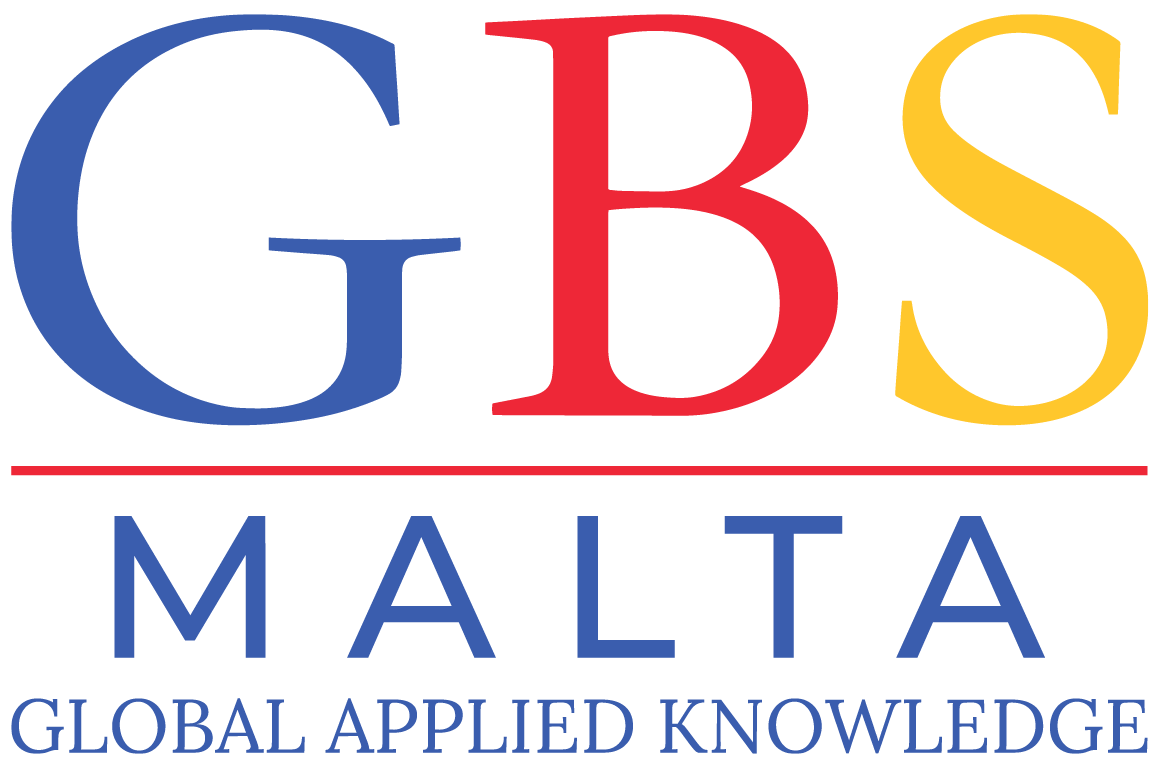Why Europe’s healthcare engine is sputtering
Blame demographics, not dedication. Germany needs 200,000 new caregivers by 2026. Spain’s doctor shortage forces three-month surgery waits.
The perfect storm:
- Aging populations need three times more geriatric care.
- Chronic diseases require long-term management.
- Burnout affects 45% of health care workers.
Technology adds complexity. AI diagnostics require human interpreters. Telehealth demands culturally fluent communicators. Europe needs more than warm bodies. It needs health and social care degree graduates who combine technical skills with ethical judgment.
Chronic diseases: Straining healthcare systems
It is not just about getting older. Chronic diseases like diabetes, heart disease and cancer put extra pressure on already stretched systems. Managing these conditions takes time, expertise, and personal touch. It is not a one-size-fits-all job. Each patient is unique, and so are their needs.
A health and social care degree prepares you to manage these complex conditions effectively. This is where health and social care degree holders come in. They bridge the gap, offering tailored care and support that makes a real difference.
Technology: Transforming healthcare roles
Remember when seeing a doctor meant sitting in a waiting room for hours? Not anymore. Telemedicine, AI diagnostics, robotic surgery are not science fiction. They are here, and they are improving access and efficiency, leading to roles like health informatics specialists.
Technology is reshaping healthcare, creating new opportunities. With these advances come new roles: telemedicine specialists, health informatics pros, even robotic surgery assistants. If you are technology-savvy, the opportunities are endless. But even if you are not, understanding how technology shapes healthcare is now an essential skill.
Professionals with a BSc (Hons) Health, Social Care and Wellbeing degree are trained to embrace these innovations.
Workforce challenges: Shortages and solutions
Europe’s healthcare workforce is in crisis, with a projected shortage of 1.8 million workers by 2030. In 2022, the EU needed about 1.2 million doctors, nurses and midwives. And it is not just numbers – the workforce is ageing too. Many are close to retirement, and there are not enough new recruits to fill the gaps.
- The main shortages are:
- Retirement wave: Many nurses and doctors are nearing retirement.
- Burnout: High stress leads to staff turnover.
- Rural gaps: Shortages are acute in remote areas.
Why? Long hours, high stress and limited career progression turn many away. Burnout is real. But there is hope. Improving working conditions, offering better pay and creating opportunities for advancement can turn things around.
Strategies to tackle shortages
Europe is fighting back with strategies to bolster its workforce:
- Better conditions: Higher pay and flexible hours to retain staff.
- Education: Expanding health and social care degree programmes.
- Technology: Streamlining tasks with digital tools.
- International recruitment: Attracting talent from abroad.
These efforts highlight the value of a health and social care degree in building a resilient workforce.
Tomorrow’s health workplace: Skills that dominate
Robots handle scans. Humans handle hope. Future professionals will need hybrid abilities.
Top 2030 skills:
- AI-assisted diagnostic interpretation.
- Ethical leadership in resource-limited settings.
- Trauma-informed communication.
Picture managing a rural clinic: You will use drone-delivered meds, negotiate with regional health budgets and support grieving families – before lunch. Malta’s health and social care courses build this agility. Year 1 covers the determinants of health. Year 2 dives into safeguarding and ageing. Year 3 sharpens leadership in complex systems.
GBS Malta: Your gateway to a global career
Malta is a melting pot, a place where cultures meet and opportunities abound. English is widely spoken, and the island’s location makes it a hub for international students. GBS Malta stands out for its hands-on approach, supportive community, and commitment to student success.
The BSc (Hons) Health, Social Care and Wellbeing programme is Malta Further and Higher Education Authority (MFHEA) accredited. The programme is designed to meet Europe’s healthcare needs. Its evidence-based approach covers public, private and not-for-profit perspectives, with the curriculum covering everything from biological and psychological health to social justice, safeguarding and healthy ageing. There is a strong focus on research, critical thinking, and communication – skills that employers seek.
Students tackle live briefs. These include redesigning dementia care for Malta’s ageing villages and auditing hospital equality policies. Graduates walk into jobs not as rookies, but as solution architects.
You will graduate ready to work anywhere in Europe – or beyond. Whether you want to be on the front lines of care, lead a team or innovate with technology, this degree opens doors.
Join health and social care courses at GBS Malta to make an impact.
The future is bright (and busy)
The healthcare sector will continue to grow, driven by demographic and technological changes. As Europe’s population ages and technology advances, the demand for skilled professionals will only increase.
But the jobs of tomorrow will look different. Digital literacy, data analysis and strong communication are becoming as important as clinical skills.
Healthy ageing initiatives are also gaining ground. By promoting wellness and prevention, we can ease the burden on healthcare systems and help people live better, longer lives.
Be the missing piece
The demand for health and social care courses reflects Europe’s urgent need for healthcare professionals. From aging populations to technological advancements, the opportunities are vast.
Those stepping into health and social care courses now will not simply fill vacancies. They will redesign elder care with AI aids. Turn community clinics into wellbeing hubs. Make burnout obsolete through smarter workflows. Malta gives you the tools. The crisis gives you the purpose.
GBS Malta’s BSc (Hons) Health, Social Care and Wellbeing programme gives you the knowledge, skills, and confidence to succeed.
So, what are you waiting for? The future of care is in your hands. Let’s get started.
Apply now.




